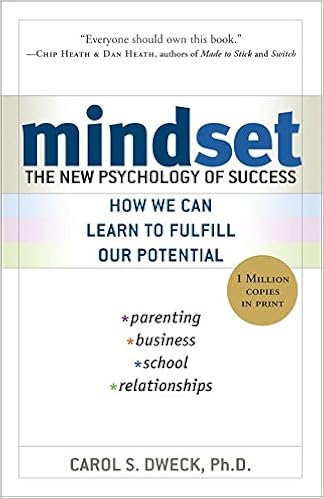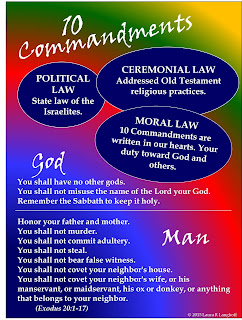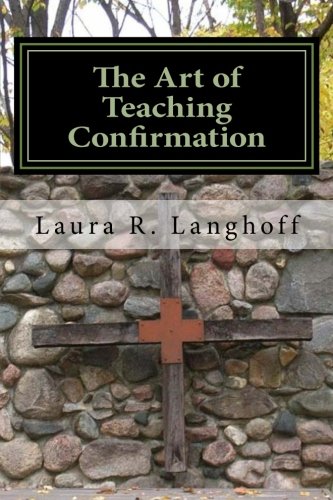Remember that the point of the law is to protect your child from being proselytized by teachers or other school leaders or adults who follow beliefs with which you do not agree. It is based on non-descrimination, student leadership, and local control. Young children may not know, but it is EXTREMELY IMPORTANT that your older child know when to speak up if a teacher is religion pushing or religion bashing, especially in high school. It is EXTREMELY IMPORTANT that parents speak to administration when this happens.
Based on the law, here is the truth.
- Since Christmas is a national holiday, the word "Christmas" has not been banned from schools or the general public. Schools may refer to their winter break as Christmas Break. They may also have Christmas trees, wish others a Merry Christmas, and have a Christmas party just as they do a Halloween or Valentine's Day party, if they so desire.
- Public schools do not have to recognize every holiday because it recognizes Christmas. Christmas is a national holiday.
- Students may wear religious clothing or jewelry as long as it is not offensive and does not cause disruption.
- Students are allowed to talk about their faith, going to church, etc. to other students and teachers at school.
- Students are allowed to pray at school. They cannot do so over the PA system or lead a class in prayer. Teachers also may pray in school but may not encourage or discourage prayer in word or deed.
- Students are allowed to bring Bibles to school and read them during their free reading period or during free time.
- Students are allowed to sing and play religious songs, including Christmas carols in public schools.
- Students are allowed to reference their beliefs in projects, papers, and homework assignments. They are allowed to read Christian books or stories.
- Teachers are NOT allowed to call a student's religion stupid, make him/her feel uncomfortable in front of the class, or to raise or lower a student's grades if s/he references their beliefs in class discussion or written work.
- The Bible (and other religious texts) can be used in classes to provide an historical context or as a form of literature. It must be presented objectively and must be educational and not devotional.
RELIGIOUS CLUBS
Non-discrimination
If a public secondary school has non-curriculum based clubs, students are allowed to have Christian clubs. This may also be true for a middle school, but the law is unclear about that age level. At this time it is being left up to the local administration. Check the policies. Schools do not have to maintain an open forum regarding extracurricular clubs and organizations, but once they do, they may not discriminate.
If the school allows the Boy Scouts or the Girl Scouts to hand out literature on school grounds during non-school hours, or use the building during non-school hours, they may not discriminate against a religious institution.
A church may hold religious instruction classes in a school building during non-school hours if...
- other community groups meet in the school (Boy Scouts, Girl Scouts, etc.)
- students are not required to attend.
- all students are welcome to attend.
- participation does not affect academic standing or grades in any way.
Student Leadership
Religious clubs must be student organized and student led. Teachers or school personnel are not allowed to organize or lead them, but if asked by students, they may chaperone them. Schools must give those clubs the same rights and privileges as any other club or organization that meets in the school.
Religious leaders or other outside adults may attend and speak at religious clubs if they are invited by students and if the school does not have a policy banning all guest speakers from extracurricular club meetings. Non-school personnel may not direct, conduct, control, or regularly attend activities of student groups.
Local Control
The administration of any school has the authority to limit or ban any group that disrupts the order and discipline of the school or the well-being of students and faculty.


























